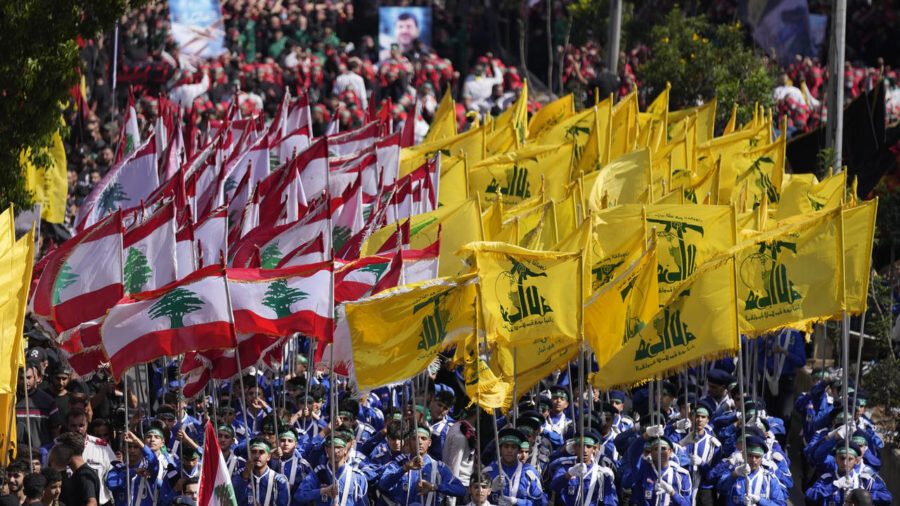Hezbollah launches largest attack on Israel since Oct. 7
Lebanese resistance movement wages "unprecedented" missile salvos

TEHRAN- Scores of "massive" rocket alerts were issued across northern Israeli settlements throughout Wednesday as Hezbollah launched "unprecedented" missile attacks.
More than 50 air raid sirens sounded across swathes of northern Israel.
The Israeli occupation forces (IOF) acknowledged that a large number of projectiles had been fired from Lebanon.
Hezbollah launched an initial wave of around 90 missiles on Wednesday morning.
"Crashes were detected in several areas in the north, as a result of which fires broke out in several locations, the details are under investigation," the IOF said.
Following the IOF statement, the Lebanese Hezbollah fired a second barrage, containing at least 70 missiles.
Later in the day, an IOF statement said "more than 160 missiles" were fired by Hezbollah.
The IOF claimed to be striking targets belonging to the resistance group inside Lebanon, but sirens continued to sound in Israeli settlements.
As Hezbollah claimed responsibility for the massive rocket barrages, reports emerged that drones were being used to target Israeli military sites, including in Zar'it.
An attack on the Israeli military research and development company Rafael Advanced Defense Systems has also been reported.
Sirens also sounded in Safad, Rosh Pina, and Tabarayya, along with numerous other towns in the Israeli-occupied al-Jaleel region (also known as Galilee). Following the attack, the IOF instructed Israelis within ten kilometers of the Lebanese border to take shelter.
According to Israeli media, a massive fire has broken out in the Biriya forest near Safad, with more than a dozen firefighting teams and aircraft working to contain it.
The Israeli news outlet Ynet described the attack as "unprecedented". It cited the mayor of Tabarayya, Yossi Nevea, as saying, "The feeling is very difficult, this is the first time in months that there has been an alarm here."
Footage posted on social media shows attempts by the Israeli Iron Dome to intercept the incoming rocket fire and impacts of the strikes in Meron.
The Meron military air traffic control and surveillance station, believed to be the largest base in the north, has been subject to regular attacks by Hezbollah.
The Lebanese resistance movement has been waging attacks on Israel on a daily basis in solidarity with the people of Gaza.
Hezbollah and the Israeli military have been trading fire since the start of the U.S.-backed Israeli war on the besieged and occupied enclave in October last year.
The hostilities have steadily intensified since October, fueling concern of a bigger confrontation between the heavily armed Lebanese movement and the Israeli regime.
An Israeli strike in a southern Lebanese village late on Tuesday night killed four people, including Taleb Sami Abdallah (Abu Taleb), a prominent leader of the resistance movement.
In more than ten statements published throughout Wednesday, Hezbollah said it carried a number of operations in response to the assassination, including the firing of guided missiles at an Israeli military factory.
According to the statements, the resistance movement said it attacked multiple Israeli military sites including a base in Ein Zeitim, Ami'ad and other military locations in Israeli-occupied Lebanese land, as well as the military air surveillance base in Meron.
The resistance movement also announced that it targeted an armored military vehicle factory.
In each operation, dozens of advanced Katyusha rockets were used, according to Hezbollah.
Senior Hezbollah official, Hashem Safieddine, said on Wednesday that the resistance movement will increase the intensity, force and quantity of its operations against the Israeli occupation.
Leave a Comment